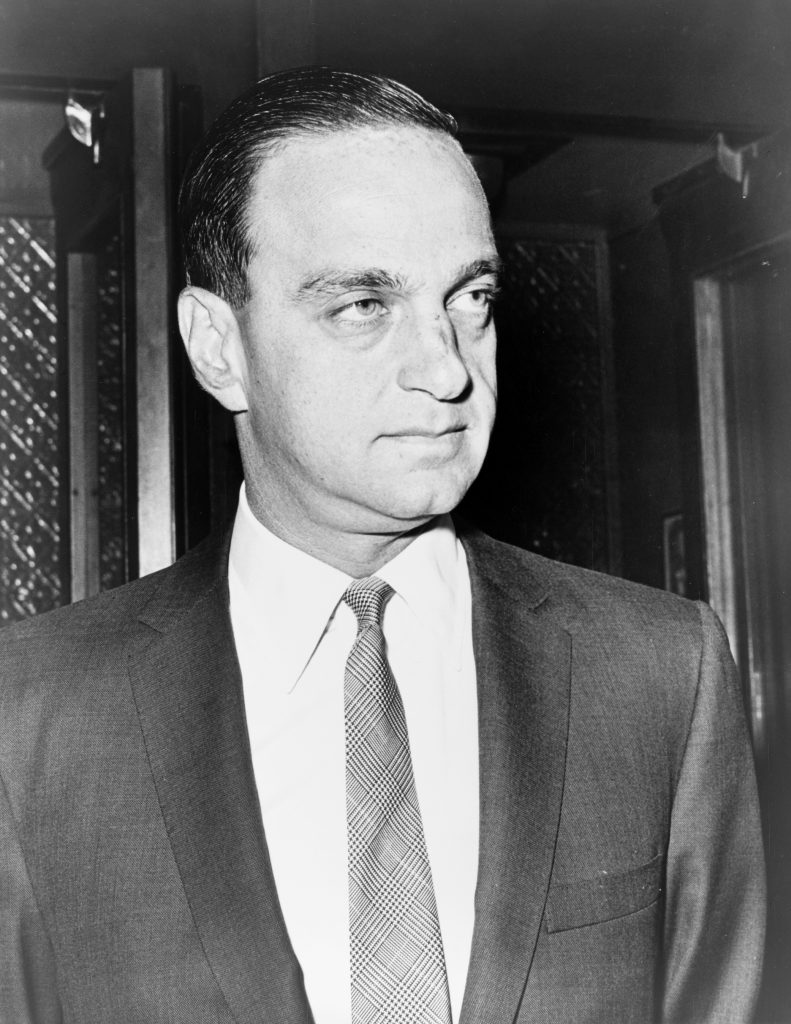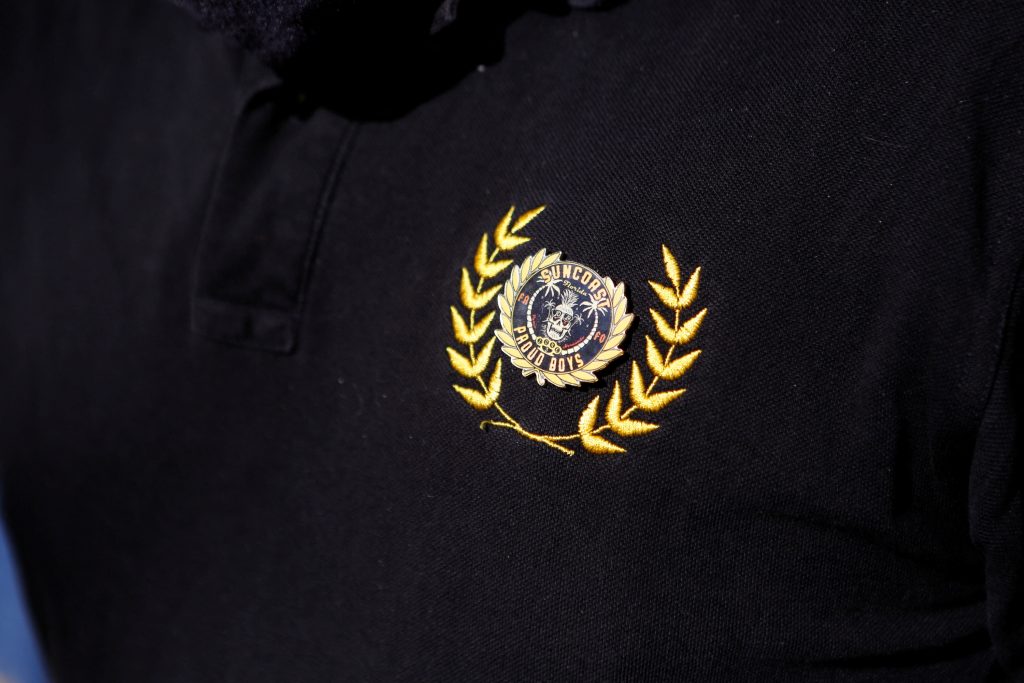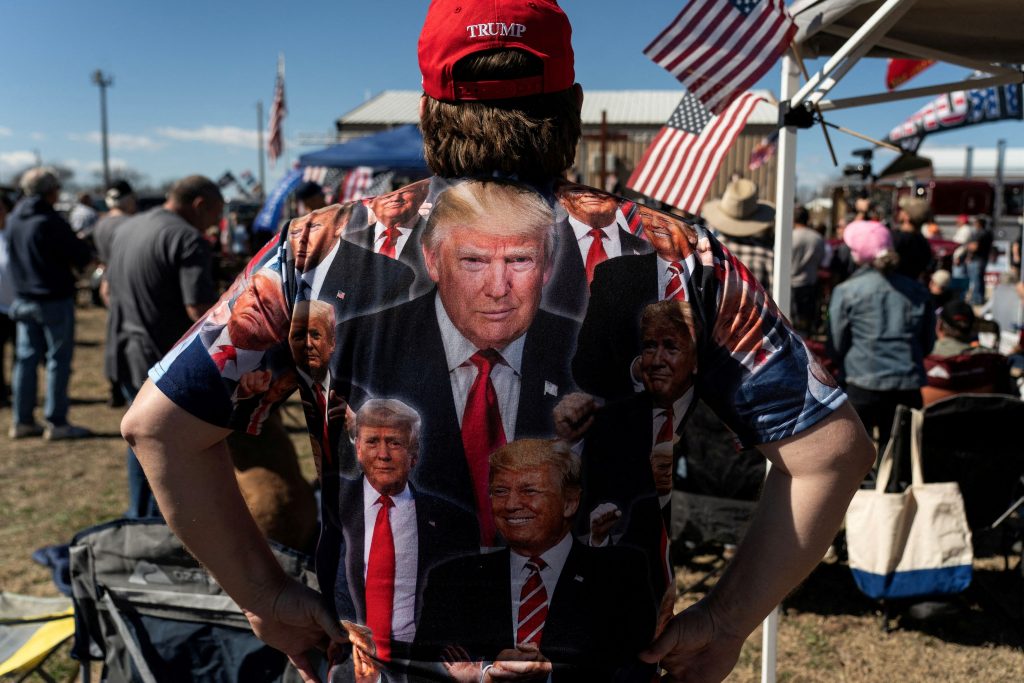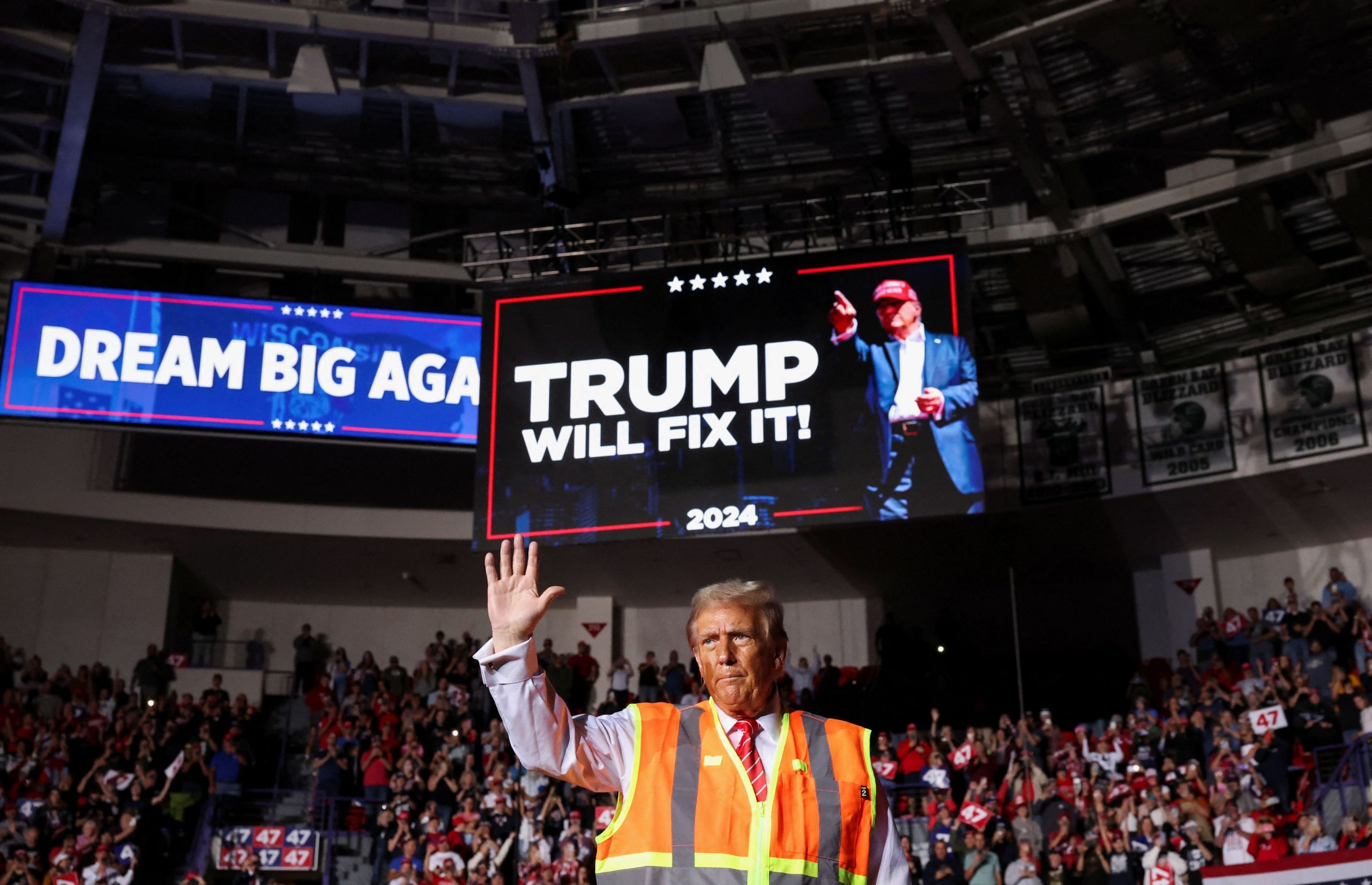Once upon a time, America’s pundits called Ronald Reagan the “Teflon President”.
No criticism, justified or not, seemed to stick to him.
Over 40 years after Reagan’s election, a completely different presidential candidate who runs on a number of inaccuracies (I hesitate to use the word lies as accurate as it may be), is a breath away from the Oval Office, for a second time. He is the Teflon candidate, who has, according to the polls, half of the American electorate behind him.
How could the venerable Republican Party, the party of Lincoln and Eisenhower and Reagan, nominate a man who sought to overturn the results of the 2020 elections with the bloody storming of the Capitol Building, the shrine of American democracy, and who is burdened with 34 felony convictions, tap such a man for the highest office in the land?
How can half of the electorate support a candidate who said that he would become a dictator “on day one”? And who said that if you vote for him this time you will never have to vote again?
Donald J. Trump is both an enigma and a phenomenon.
If you are to understand him and his appeal to roughly half of the American electorate, you must go way back to the strong influences of his youth that shaped him, and the leading influence is that of the controversial, big New York lawyer Roy Cohn.
It was Cohn, Trump’s main mentor, who opened the doors of Manhattan economic high society to the young and handsome son of a Queens (a New York borough) real estate developer.
Cohn was a relentless legal pit pull, for whom a fierce offense was the best defense. He demonstrated it both in the McCarthy era and in his later legal practice. He ended up being disbarred while on his death bed.

Roy Cohn, head-and-shoulders portrait, facing right / World Telegram & Sun photo by Herman Hiller.
A report in Politico about the Cohn-Trump connection says much about Cohn’s decisive influence in the former president’s life:
“He was preening and combative, look-at-me lavish and loud. It was an act. The truth was he hated what he was—a lawyer who hated lawyers, a Jewish person who hated Jewish people, and a gay person, fiercely closeted if haphazardly hidden, who hated gay people, calling them “fags” and expressing his conviction that “homosexual teachers are a grave threat to our children,” according to both his biography and autobiography. In his book, Zirin calls Cohn “a quintessential hypocrite, a classic Tartuffe.” He wanted the world to see only the person he “shaped and invented,” in von Hoffman’s words, “a secret man living a public life.”
That helped him build in due course a major real estate empire, but it also helped shape the character, ideology, and temperament of the future presidential candidate.
Cohn came to the central stage of American politics during the McCarthy era, when he was tapped as chief counsel for the House Un-American Activities Committee.
Along with McCarthy, he destroyed the careers of a host of communists and mostly non-Communists, including Jules Dassin, who was forced to go to Paris to continue his career. Dassin was falsely accused by the great filmmaker Elias Kazan of being a communist, and Dassin naturally never forgave him.
The ‘Internal threat’
Cohn, in the heart of the Cold War, labeled communists as the “internal threat”。 Today, Trump has revived the same theory of the internal threat to depict his Democratic and other opponents.
He expresses great respect for right-wing populist or authoritarian leaders – Xi Jing Ping, Kim Jong Un, and Vladimir Putin. Like Hungary’s far right populist leader Viktor Orban, he considers these leaders “strong”.

epa07567992 US President Donald J. Trump speaks to the media as he meets with the Prime Minister of Hungary Viktor Mihaly Orban at the White House, Washington, DC, USA, 13 May 2019. Their meeting marks the first time a US president has granted Orban a formal visit in more than 20 years. EPA/Chris Kleponis / POOL
Donald J. Trump has repeatedly declared that America faces an “internal threat”. That includes not only undocumented migrants, but also his Democratic opponents. The former president has said he will bring out the National Guard to restore order should he lose the election.
In fact he has said that he cannot lose the election unless there is electoral tampering. And that could very well spell civil strife, if he were to mobilize his extreme-right supporters as he did with the “Proud Boys”, who were involved in the 6 January, 2021 bloody storming of the Capitol Building to overturn the certification of the election that he lost to Joe Biden.

An unidentified member of the Proud Boys and supporter of Republican presidential nominee Donald Trump rallies outside an early polling precinct as voters cast their ballots in local, state, and national elections, in Clearwater, Florida, U.S., November 3, 2024. REUTERS/Octavio Jones
In 2016, Trump essentially highjacked the Republican Party, pushing to the side the traditional conservative Republicans that swept Ronald Reagan, George H.W. Bush and George W. Bush to power. These voters can barely recognise Trump’s Republican Party today, yet most will still vote for him either out of party loyalty, holding their nose, or out of a conviction that Kamala Harris is a worse choice.
The battle for the soul of the Republican Party
In a recent interview with To Vima, Trump’s former National Security Advisor John Bolton said that whether Trump wins or loses, a large discussion will open on the soul of the Republican Party. The question on the table will obviously be whether to accept or reject Trumpism.
It is estimated that about one-third of Trump voters are MAGA Republicans. They are a novelty in American politics insofar as they believe that America is no longer a great country and that a messianic leader like Trump is needed to restore its past glory.
These are voters who refuse to acknowledge that we are now in a multi-polar world in which China is America’s chief economic and geopolitical adversary.
They would appear to agree that Trump’s high tariffs are the answer, even though economists say that this would further impoverish households with higher prices on a host of items.
The economy and the American dream
In a very real sense, both candidates in this election are grappling with the collapse of the American dream and are sparring on how to resurrect it, against all odds, in terms acceptable to their constituencies.
On social issues, Trump has a substantial lead among non-college educated white men, who hope that a Trump presidency will create jobs for them and that they may regain their social status and position in society.
They feel that they are losing jobs to Latinos, Asians, and women.

A participant of ‘Take Back Our Border’ trucker convoy rally against migrants crossing from Mexico, wears a Trump t-shirt during the event in Quemado, Texas, U.S., February 3, 2024. REUTERS/Go Nakamura TPX IMAGES OF THE DAY
Trump declares that he will rebuild American industry through high tariffs, which most economists believe will hit Americans hardest as they will have to pay more for a host of imported goods. That will further impoverish the average American household.
The former president is believed by large swathes of Republican voters, in large measure because of his great business experience, to be in a better position to handle economic issues.
Their impression is that Ms. Harris has no idea on how to create jobs. Her failure to explain how that will be done is certainly one of the great Achilles’ heels of her campaign.
With inflation a key concern of the electorate, any promises of reducing it are tendentious.
That is because on the monetary side the Federal Reserve calls the shots, and on the fiscal side, both candidates’ economic plans will further burden the economy and the deficit.
Ms. Harris has not explained fully how she intends to pay for generous social policies except for higher taxes on the rich, but the equation remains unclear and there remain serious questions on the efficacy of her plan.
Harris’s plan for taxing the rich and leaving those with an income of $400,000 or less untouched (or with tax cuts) would cost an estimated $3.95 trillion. Trump’s plan would cost $7.75 trillion (Committee for a Responsible Federal Budget).
An ‘occupied country’
Trump depicts a nation under siege by undocumented migrants. They are the “enemy from within”, as his mentor Roy Cohn may well have put it.
They are, he claims, taking “black jobs” as unskilled workers.
Divide and rule
Trump has consistently and fervently tried to represent undocumented migrants as a threat to the African-American work force, as both have a very high percentage of unskilled workers.
Others are convinced that a second Trump term would do irreparable damage to government institutions and democracy, echoing Harris’s case that Trump is unstable and “out for unchecked power.”
America faces lagging wage growth, widening inequality, and small economic mobility;
By all appearances, neither of the candidates has a good chance of remedying these ills.
And naturally, voters are well aware of that.



